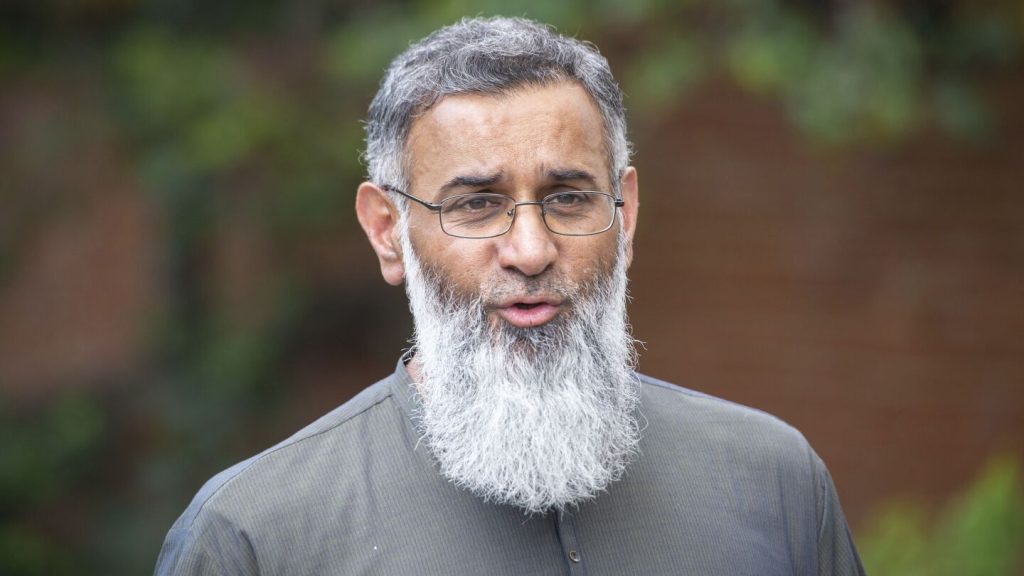Choudary and Hussein are accused of being members of al-Muhajiroun, a group which was banned by the British government in 2010 due to its involvement in terrorism. Choudary, a well-known radical preacher, has denied the charges and will stand trial on June 4 along with Hussein. The trial is expected to last up to two months, during which the prosecution will present evidence linking the defendants to the banned organization. The two men appeared in court via video link from separate jails after being arrested in June.
Choudary’s association with al-Muhajiroun has been a subject of concern for authorities, as the group has been known to promote extremist ideologies and recruit individuals for terrorist activities. Despite being banned under various names, including the Islamic Thinkers Society, the group continues to operate clandestinely. Choudary’s speeches and public appearances have often attracted controversy, with critics accusing him of inciting hatred and violence through his rhetoric. The trial will provide a platform to delve into the alleged activities of al-Muhajiroun and its members.
Hussein, a Canadian national, was arrested upon his arrival at Heathrow Airport, indicating that the authorities were monitoring his movements. The international link to al-Muhajiroun raises concerns about the group’s global reach and potential for recruitment outside of the United Kingdom. The charges against Hussein suggest that the organization may have a presence in other countries and could be seeking to expand its operations beyond British borders. The trial will shed light on the extent of al-Muhajiroun’s network and the strategies it employs to attract new members.
Choudary’s not guilty plea indicates that he plans to contest the charges against him, possibly by arguing that his activities were within the bounds of free speech and religious expression. The trial will test the legal boundaries of individuals’ rights to express controversial opinions versus the state’s responsibility to prevent incitement to violence and terrorism. The case has drawn attention to the delicate balance between security measures and civil liberties in tackling extremist threats, especially in the context of rising global terrorism. The outcome of the trial will have implications for how governments address radicalization and combat extremist groups.
The prosecution’s case against Choudary and Hussein is likely to draw on evidence of their connections to al-Muhajiroun, including their participation in group activities and public endorsements of its agenda. Witnesses may be called to testify about the defendants’ involvement in promoting extremist ideologies and recruiting followers for the banned organization. The trial proceedings will provide a platform for examining the tactics used by extremist groups to spread their message and attract new members, as well as the responsibilities of individuals who associate with such groups. The verdict will set a precedent for holding individuals accountable for their support of terrorist organizations.
In a broader context, the trial of Choudary and Hussein highlights the ongoing challenge of combating radicalization and extremism in today’s society. The case underscores the need for vigilance in monitoring and disrupting the activities of groups that promote violence and hatred, both domestically and internationally. By bringing alleged members of al-Muhajiroun to justice, the authorities are sending a strong message that support for terrorist organizations will not be tolerated. The trial will serve as a test of the legal system’s ability to address the complex issue of radicalization and ensure that individuals who incite violence are held accountable for their actions.


